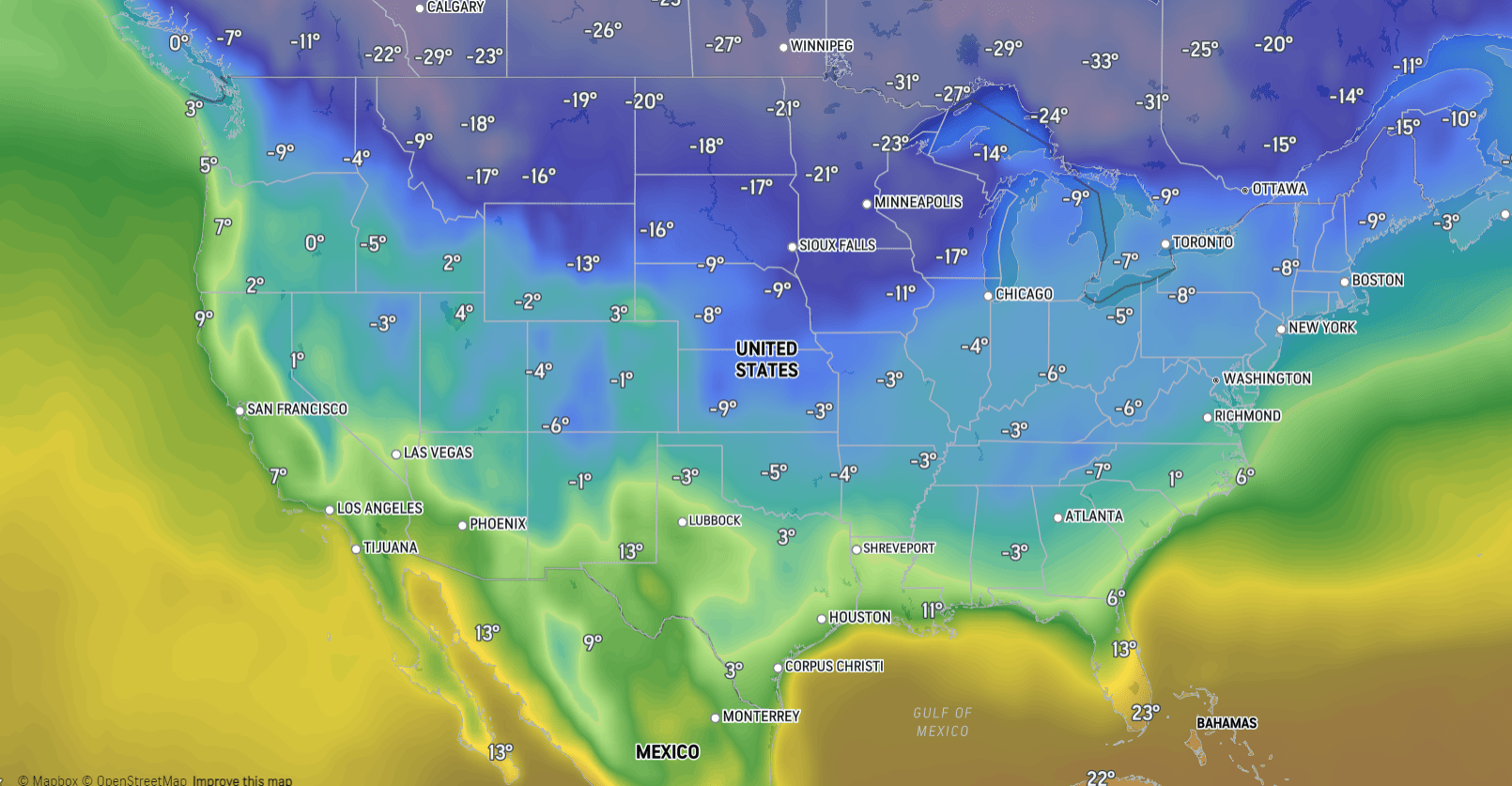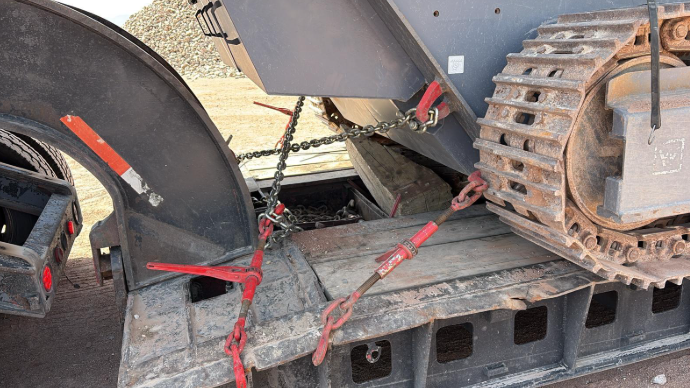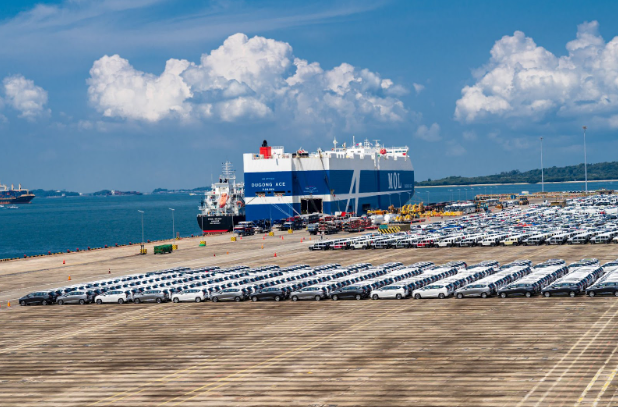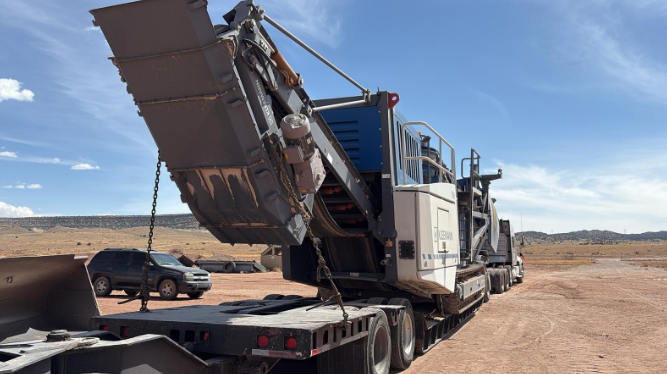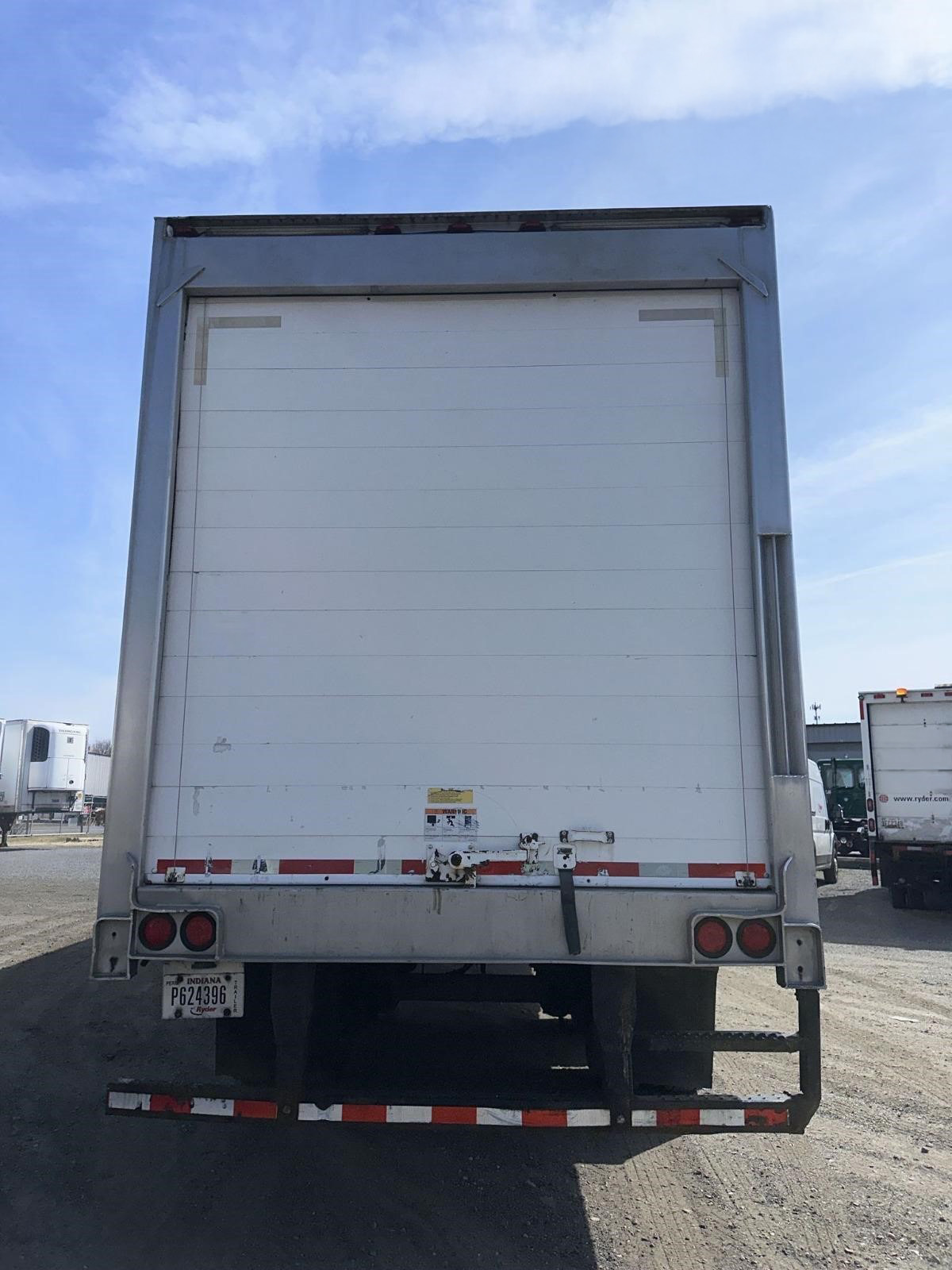The United States is experiencing a wave of freezing temperatures, significantly impacting various aspects of daily life, particularly transportation and logistics. The cold snap has brought a host of challenges for pick-ups, deliveries, and transportation as a whole. Here’s an overview of these impacts:
- Delayed Deliveries and Pick-Ups: The extreme cold has led to significant delays in both deliveries and pick-ups. Companies like UPS and FedEx have reported disruptions in their services across several regions due to the brutal weather conditions. This delay is a result of both the hazardous road conditions and the need to prioritize the safety of workers, causing a backlog in shipments.
- Road Transportation Challenges: Cold temperatures can adversely impact the energy and emissions of vehicles. The poor performance of after-treatment systems in cold environments leads to increased energy consumption and emissions, complicating road transportation.
- Infrastructure Strain: Climate change and extreme weather conditions, such as the current freeze, are likely to cause more frequent damage to transportation infrastructure through severe storms, flooding, and higher temperatures. This can lead to road closures and detours, further complicating logistics operations.
- Natural Gas Supply Cuts and Energy Demands: The freezing temperatures have cut into the US’s natural gas supply just as demand soars, affecting not just homes but also industries that rely on this resource for their operations.
- Agricultural Impacts and Supply Chain Disruptions: The freeze has caused extensive damage to crops, leading to significant financial losses for farmers and further straining the supply chain.
In response to these challenges, logistics companies and transportation providers are adapting their operations. This includes rerouting shipments, adjusting delivery schedules, and employing more robust vehicles suited for cold weather. However, the unpredictability of such extreme weather events continues to pose a significant challenge, underscoring the need for more resilient and adaptable logistics and transportation strategies in the face of climate change.
The current situation serves as a stark reminder of the intricate link between weather conditions and the smooth functioning of logistics networks. As we witness these impacts, it becomes increasingly clear that both short-term adaptability and long-term strategic planning are essential in the face of climate uncertainty.

